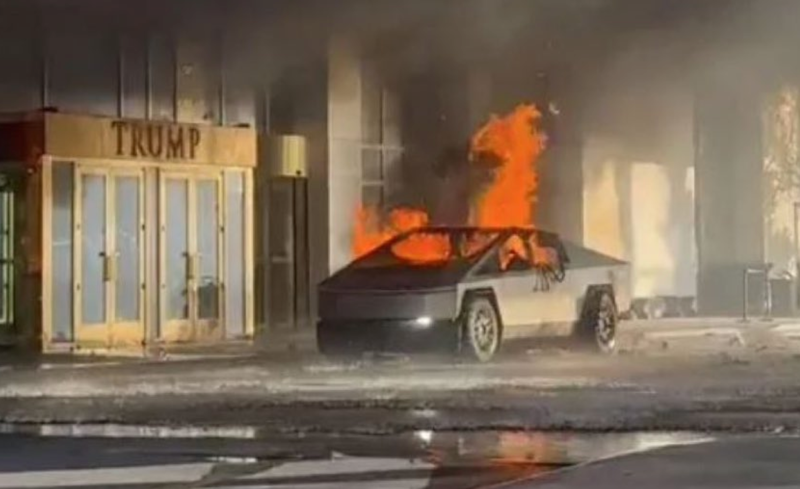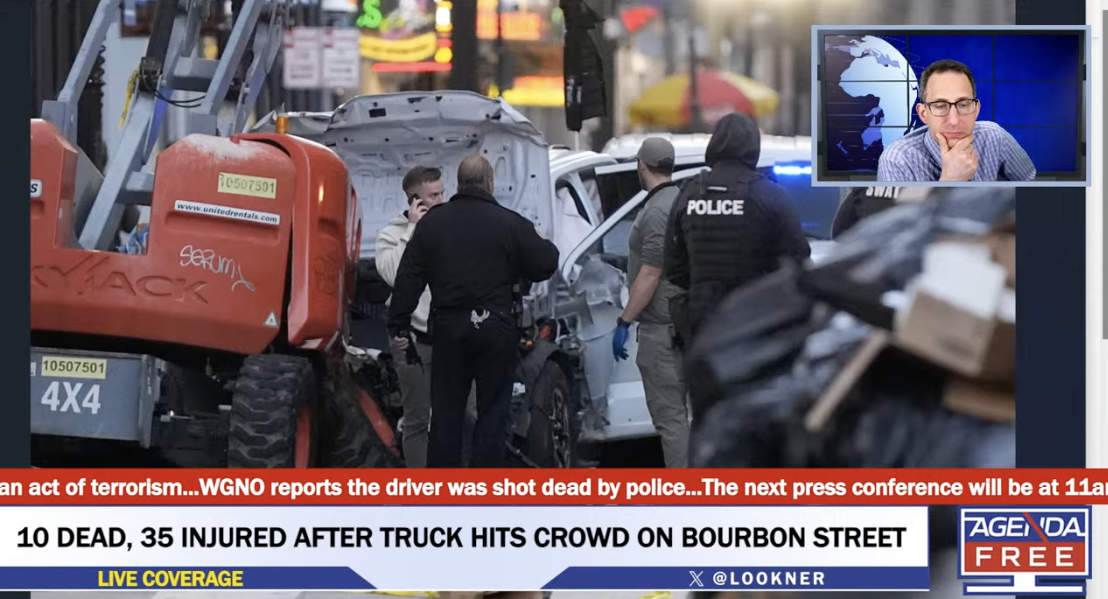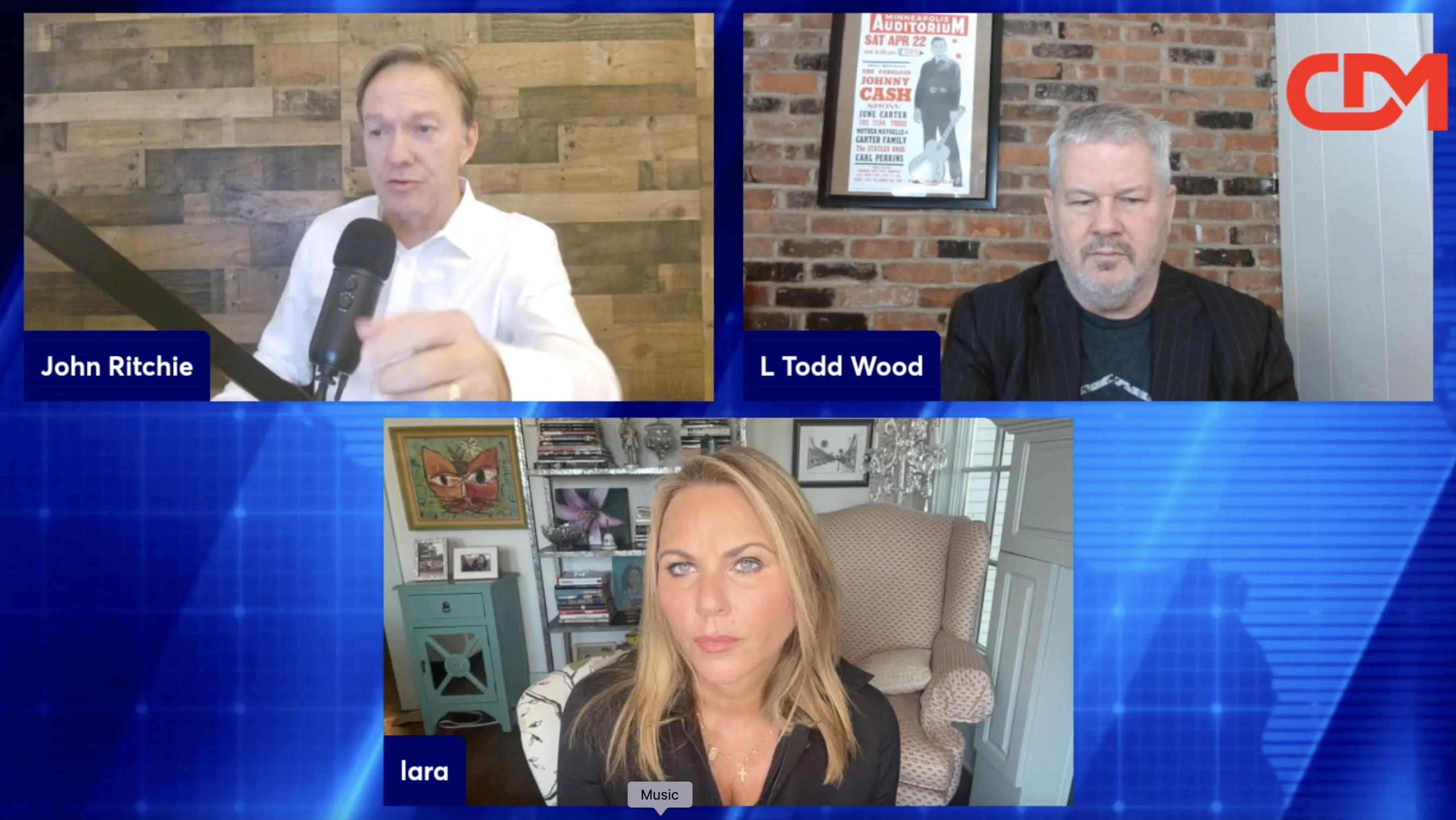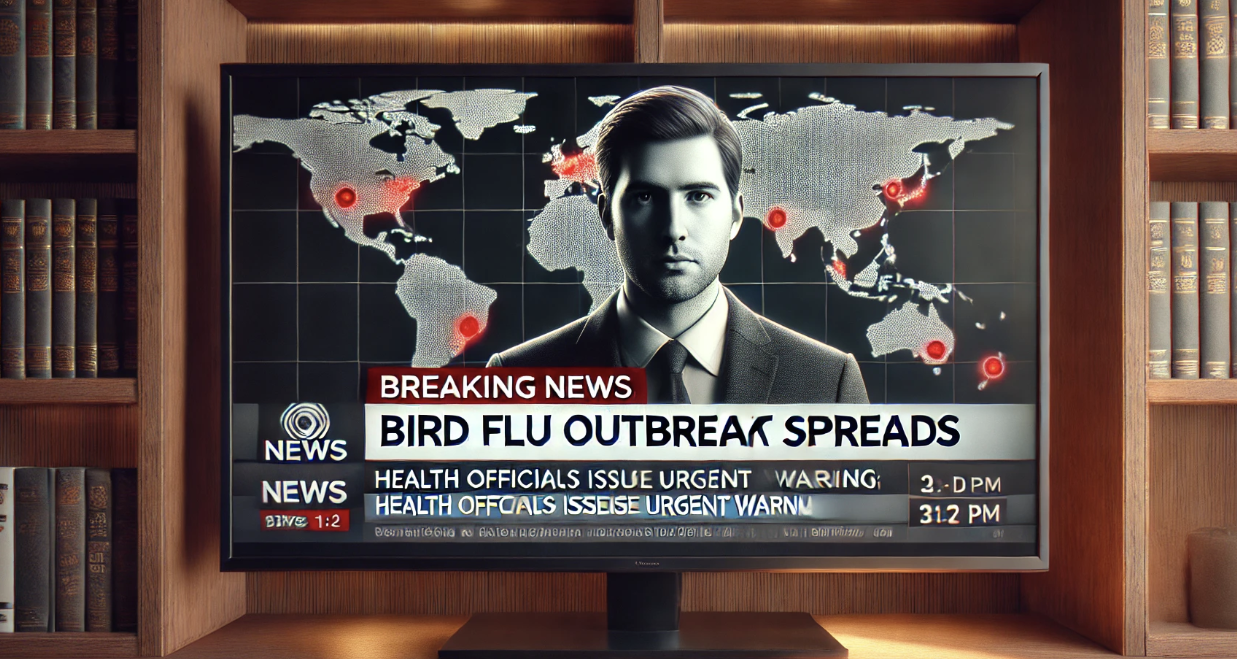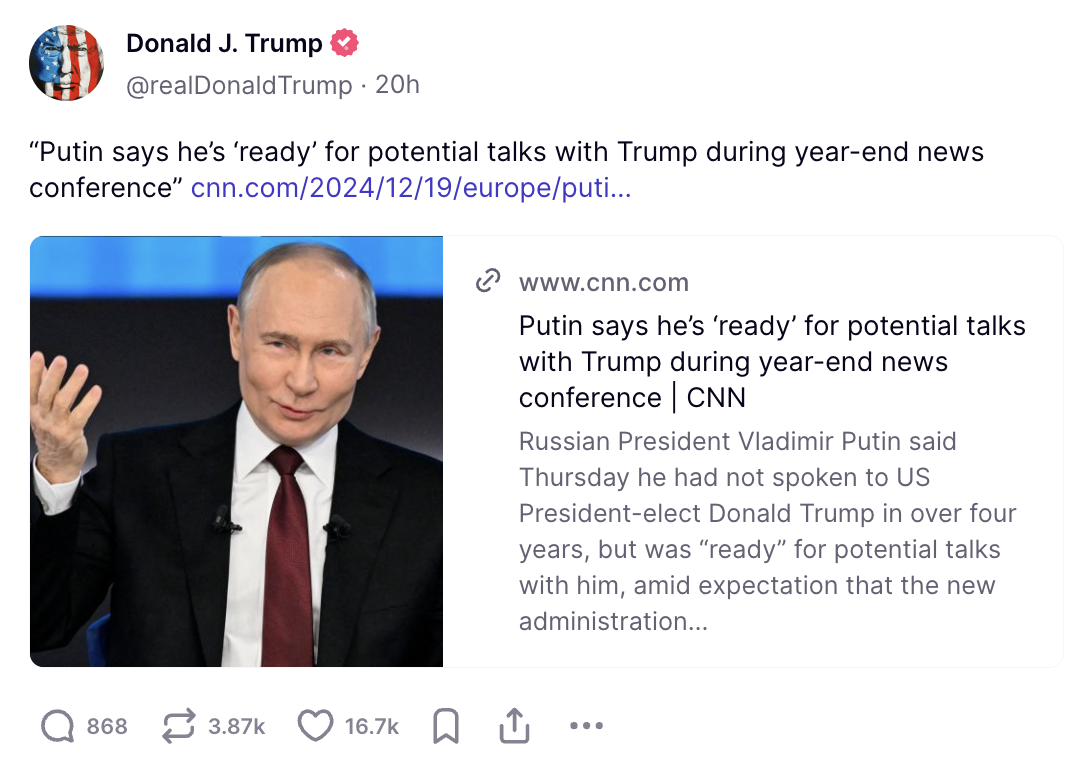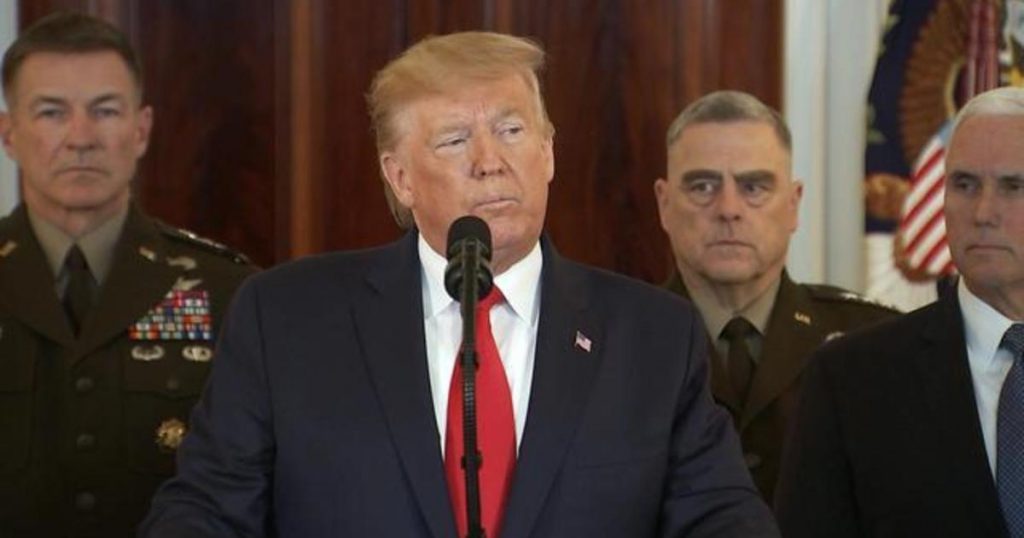
For there to be peace means that there is the possibility of great violence that is restrained. Most people in the Western world aren’t confronted with violence. Real violence. Not “misgendering” someone or donning a mask and breaking windows because your candidate didn’t win an election. The sort of violence that can either make or destroy entire nations.
Without that capability for violence, an individual has no claim to peace. Rather they are weak. Peace is not simply the absence of violence, but the capacity for violence and choosing restraint.
Therefore, President Trump is the most peaceful man in the world. Yes, the "madman," the #1 Twitter bully himself.
It’s easy for his haters to criticize him. He continually baited North Korea as they threatened the U.S. with nuclear warfare. He pulled out of the Iran Nuclear Deal. He lit up Syria like a very strategic joint and annihilated the ISIS caliphate (despite Joey Biden taking credit for that during last night's Democratic Debate).
North Korea
But now, President Trump is the first U.S. President to meet with the North Korean leader (thrice) and the only one to cross the DMZ into the isolated nation where he and the Supreme Leader both posed happily for the groundbreaking moment.
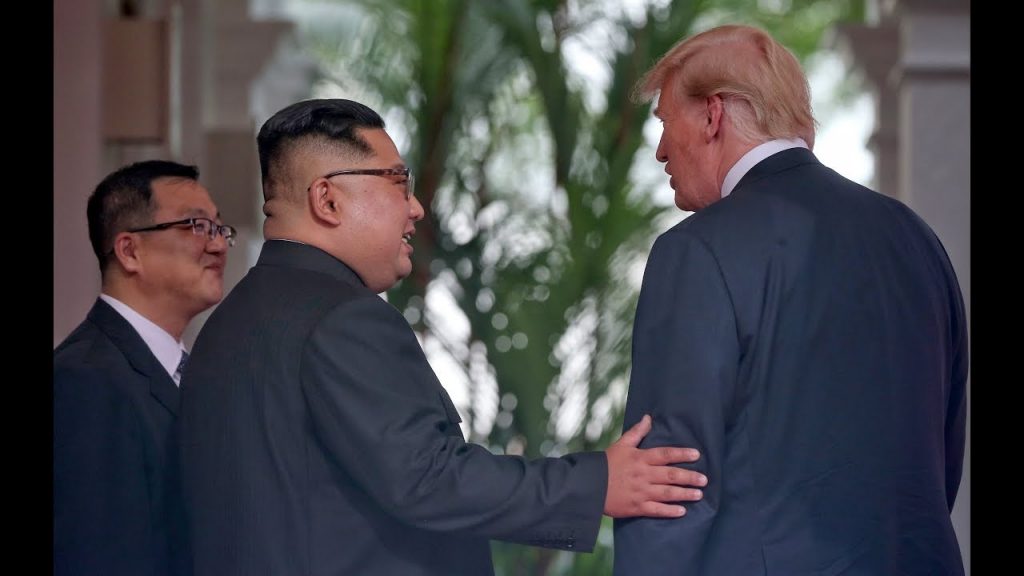
An open dialogue with North Korea was previously considered impossible. Not to President Trump, who views the world through the lens of a real estate mogul with an understanding that hardline negotiations are the only way forward with hostile personalities:
“They have great beaches,” Trump said of the North Koreans. “You see that whenever they’re exploding their cannons into the ocean. I said, boy, look at that view. Wouldn’t that make a great condo?”
Iran
Iran relations are a bit more complicated. When Iran shot down an American drone and sabotaged two oil tankers with magnetic mines in the Straight of Hormuz, the president still chose the use of economic interventions like sanctions. While he did dispatch 1,000 more U.S. troops to the area, they remained merely a deterrent against Iran using local militia against American interests.
Choosing economic interventions over military ones have their limits, though. When they were reached in the new year, President Trump used his strong arm and took out the essential Iranian military mind, Qasem Soleimani. Using a strategic air strike, President Trump saved American lives that were being targeted by the decorated terrorist.
Despite cries from liberals that a Trump presidency would inevitably bring about World War III, the U.S. has become a stabilizing force around the world. Trump’s choices have accelerated world peace, addressed the shakiest of international relations, and reversed the damages done by the previous administration.
Russia
In early 2014, when Russian-Ukrainian relations quickly deteriorated, resulting in the annexation of Crimea, President Obama drew a "red line" that was repeatedly crossed until he left office. Under President Trump and his unpredictable responses, Ukraine and Russia have a cease fire which remains intact today. For all the crying that Democrats do about Russia's alleged involvement in our democracy, the truth is that Putin is, relatively speaking, behaving himself. Expansion was never designed to stop at Crimea. Under President Obama, all Baltic countries were worried about Russian incursions. Now that threat grows less and less dire.
According to Maxwell Stangl, who works for the Department of Military & Strategic Studies at the U.S Air Force Academy, Russia is no longer prepared for conventional attacks in the Baltic region. Stangl writes:
"Russia is simply not prepared or properly positioned to execute a well-coordinated, conventional attack on the Baltics. The amount of Russian units in close proximity to make a rapid assault is limited, and most of these formations would take significant time and resources to mobilize. It would require a large and complex movement of troops, vehicles, and equipment to successfully plan and execute such an operation. Such activity would surely catch the eye of NATO members, alerting them to a likely invasion.”
China
While the U.S. remains in a cold trade war with China, concessions are being made by the Asian powerhouse. Barely mentioned however, is that the Chinese expansion in the South China Sea, which threatened U.S. allies in Southeast Asia for nearly a decade, has slowed to the point that the remaining maritime conflicts are Chinese plunders of Indonesian seaweed.
NATO
NATO has always been a thorn in the side of Obama’s presidency. Members were able to exploit the benefits of the allegiance without the responsibility of supporting the coalition. President Trump didn’t hold back when he scolded NATO members directly that they need to pay their fair share, and they have. Now that Europe and Canada have anted up, NATO spending has returned to Soviet Union-era levels.
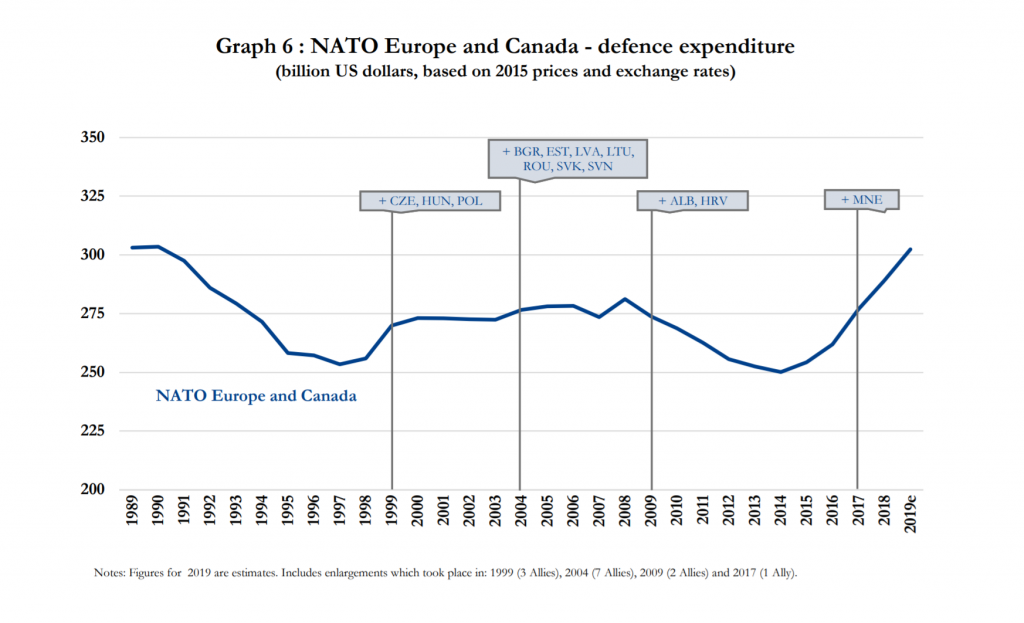
Path to the Nobel Peace Prize
In 2018, when he fired John Bolton, President Trump might have been nominated for a Nobel Peace Prize had he been anyone else other than Donald J. Trump. From Politico:
“Bolton was, after all, a leading architect of the Iraq war. He has waged a decades-long campaign to bomb Iran, and as things have gotten hairy in Venezuela, he has broadcast his ambitions to oust Nicolás Maduro from office by any means necessary. His demand for a preemptive strike on North Korea made him the most unapologetic American warmonger in a generation and in recent months, his resistance to Trump’s peace talks with the Taliban further marked him as a slavering dog of war.”
Trump pursues non-violent tactics, and favors a preference for economic interventions instead of military ones. But he will still kick ass when peace is no longer an option. As a result, global terror attacks have been reduced by 33% under the Trump administration.
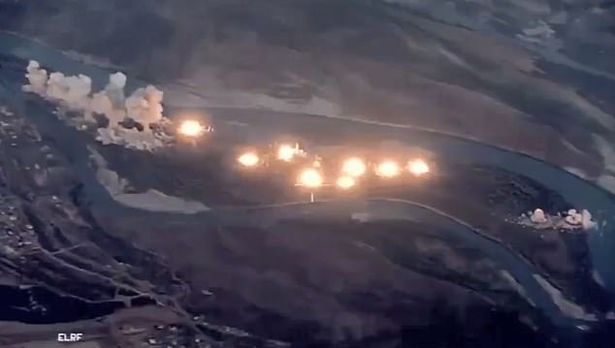
Trump said recently in an address to the nation that "The U.S. is ready to embrace peace with all who seek it.” That comment isn’t directed at those who are already aligned with the U.S. It is directed towards our enemies as a challenge, to make the conscious decision to choose peace over violence.
Sure, Trump likes to swing his big stick in view of our enemies and allies. But remember: the threat of eminent violence is the biggest asset in the pursuit of peace.










